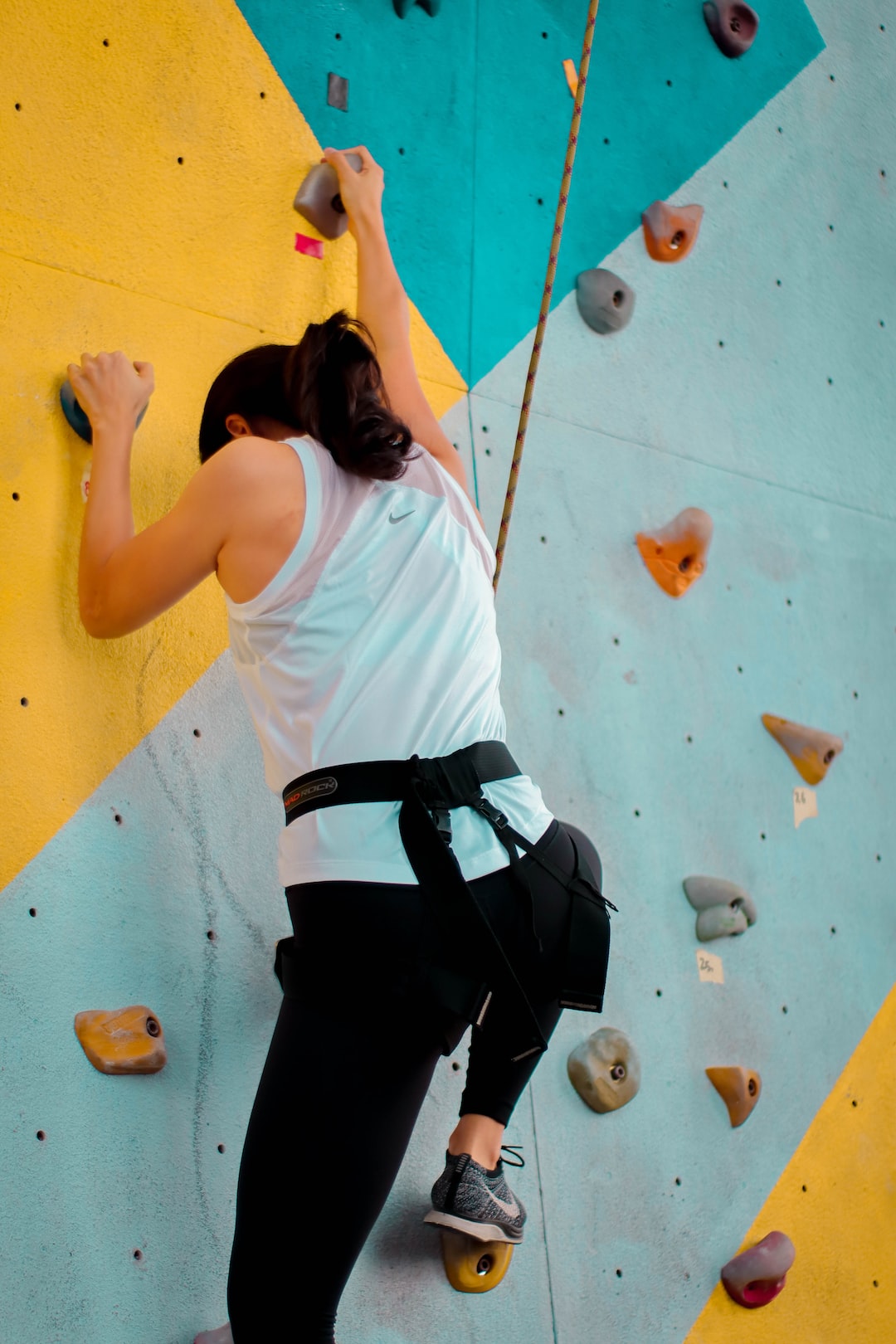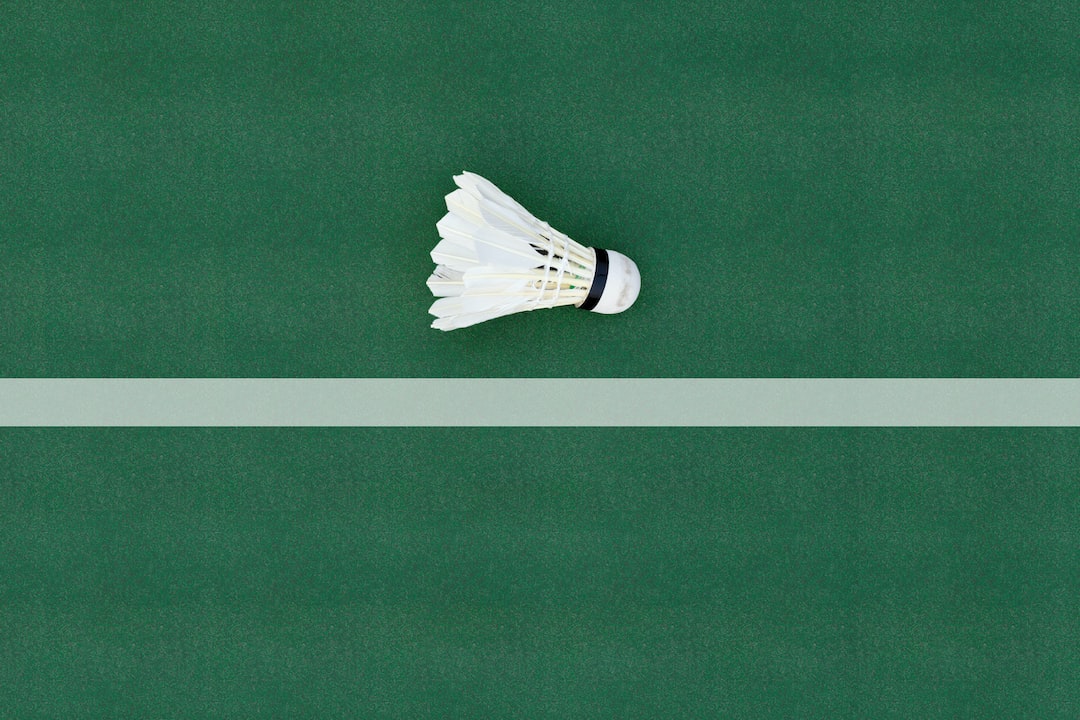
Sports have always been a cornerstone of human culture, a showcase of physical prowess, strategic intellect, and competitive spirit. From the ancient Olympic Games in Greece, where noble athletes clashed in wrestling, racing, and boxing to the measured skill and calculation behind Far Eastern martial arts, sports have been part of our lives for millennia. Our love for sports blends physical vitality with a thirst for triumph, fostering a lifelong pursuit for many.
This pursuit wasn’t always about competitive spectacle. Traditional sports were essential survival skills – running, throwing, wrestling, often for the purpose of hunting or warfare. As societies grew more complex, these skills morphed into organized games that showcased strength and strategy.
In the late 19th and 20th centuries, sports underwent a significant shift. The industrial revolution led to the development of sport as a business, with professional leagues and paid athletes. Global events like the FIFA World Cup and The Olympics stood testament to the massive influence of sports, uniting nations and cultures under the banner of sportive rivalry.
Technological advances ushered in new sports, reigniting our fascination. Extreme sports, e-sports and other innovative games keep pushing the boundaries of human potential.
In the end, sports evolution is a mirror of our cultural, social and technological evolution. As we continue to change, our games do too, showing our constant quest for improvement, inclusiveness and fair competition. Undoubtedly, the future of sports holds limitless possibilities that will continue to define our societies and ourselves.





